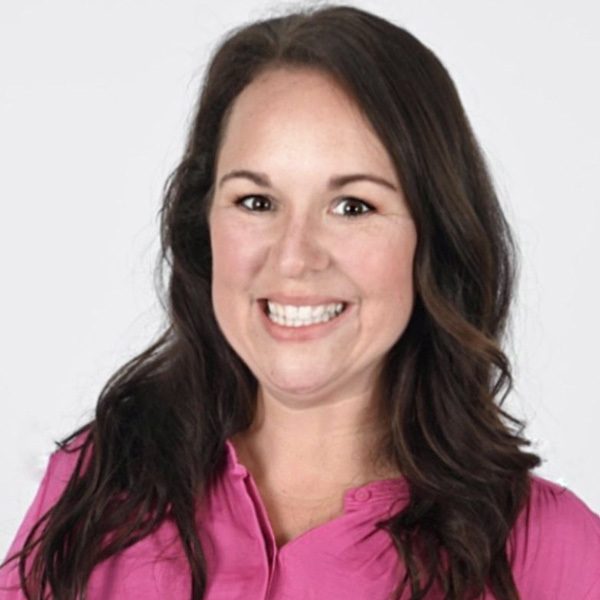Not Your Typical Consultant – Chris Eng
December 12, 2024 in Culture, Culture & Workforce Wellness, Keeping Up with Human Capital, The Consulting Experience
By Haley Fuller
So, let’s be real – the term “consultant” may generate some stereotypical ideas: often a linear educational path, followed by similar professional experiences, all culminating in a role at a firm. At FMP, we think that our employees tend to defy those stereotypes. We don’t believe in formulaic career paths because our clients don’t seek formulaic solutions. We value the unique experiences, skills, and interests of each employee and we pride ourselves on fostering an environment where everyone can grow and thrive in their own way.
In the Not Your Typical Consultant Series, we’ll be showcasing some of our FMP employees and the fascinating paths that led them to us. From military backgrounds, to international adventures, to unique previous positions, our team has some captivating stories to share. In the last part of this series, we chat with Chris Eng, Engagement Manager, about his prior life in finance, what it’s like being an employee at FMP, and how FMP has leveraged his previous experiences from a different industry.

- What can you tell us about yourself and your experiences prior to joining FMP?
I’m not your typical consultant. Before joining FMP, I spent 20 years in the financial industry, running the gamut from trade desk support to pioneering an internal audit data analytics department. I love being part of and leading a team, whether that be to solve a problem, to lead a project, or to win at hockey. - How did your prior experience uniquely prepare you for consulting?
In one of my prior work experiences, I was tasked with figuring out how to incorporate data analytics into a traditional audit department. At the time, this was a new concept to the auditing industry as a whole, so there was very little to go on. Few companies even had a data analytic department within auditing, let alone a successful one. After researching and strategizing, I pitched my plan to leadership and was given the go ahead to build a team and implement. Implementation had numerous roadblocks and many ups and downs but in the end was successful. The first few years as the leader of our data analytic audit shop were particularly challenging, but they helped me develop many skills I would deem necessary to becoming a successful consultant. Some of these are:
Creative Problem Solving and Analytical Reasoning: Every audit, our team needed to analyze internal process and procedures to identify potential audit concerns and then come up with non-traditional data analytic audit tests to determine whether there was an issue or not. Consultants need to be able to solve their clients’ problems, so they need to be able to identify issues, analyze data, and develop creative solutions.
Project management: Every audit test we executed was a project in itself, requiring detailed management to not only complete but to stay on track with the rest of the audit process. As well as a measure of success for our new group, we needed to make sure that what we were doing was adding value to not only the current audit, but future work. Consultants need to be able to create a project plan, allocate resources, and define success metrics.
Communication: Given the more robust analytic testing our team was able to do, we often found many issues that had not historically surfaced through traditional testing. This required delicate communication of our audit findings, as we were communicating major issues in our client’s processes and procedures that never had an audit issue in the past. Further complicating matters, in this communication, we needed to explain the highly technical testing we used to a very non-technical audience in a way that would ensure buy-in from the client; often this was senior leadership. We needed buy-in as we needed the client to accept our findings and implement our proposed internal control solutions. Consultants need to be able to communicate clearly and effectively with clients and colleagues to build relationships and manage expectations. - How does working at FMP encourage growth and a dynamic career path?
FMP understands that investing in their employees is key to helping them advance their mission. FMP takes the time to learn about what drives their employees and the skills they possess so they can put them in a position to succeed. Ultimately, their employee’s success will lead to FMP’s success. - Tell us a little about how FMP has allowed you to leverage your prior experiences?
In my case, FMP has leveraged my prior experience managing teams and projects, to become a project manager for my clients. It is a role I’m comfortable with, thrive in, and invested in making a success. - What, in your opinion, makes FMP different from other consulting firms or workplaces?
Culture. If you need help, it’s not just that there is someone who can help but there is someone (actually many individuals) that WANT to help. From the top of the org chart to the bottom, it doesn’t matter, this culture is deeply embedded into the fabric of FMP.
When filling roles at FMP, we seek out innovative thinkers who possess the knowledge and experience to create lasting positive impacts on individuals, processes, and systems, even after our collaboration concludes. Visit our career page to explore if you might be a great match for one of our available positions.

Haley Fuller joined FMP in October 2023 as a Human Capital Consultant. Haley leverages her unique background in healthcare communications to support clients in developing target and impactful communication strategies and collateral. When Haley isn’t working, she’s likely chasing her wild two-year old around or spending time at the Jersey shore.